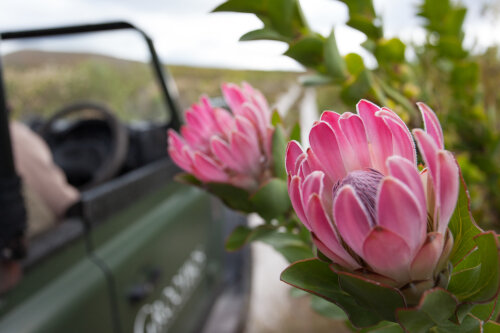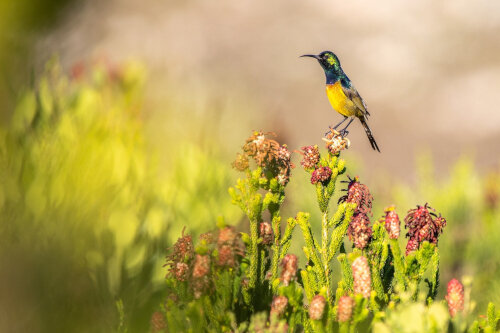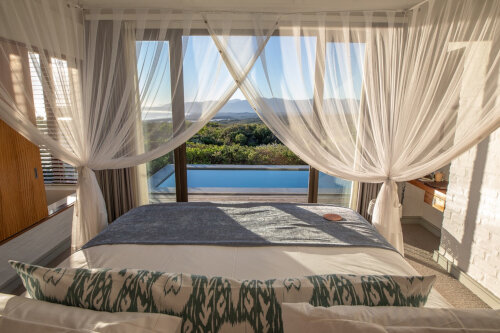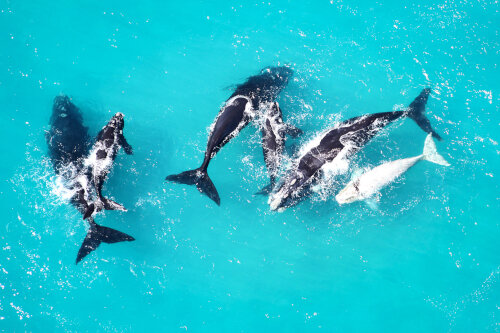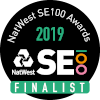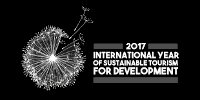Michael Lutzeyer is an Earth Changer.
How a South African entrepreneur turned a “Farm for Sale” into a luxury international award-winning private nature reserve for fynbos conservation and transformative tourism.
In 1991, Michael Lutzeyer went camping with his family near Gaansbai, South Africa. A ‘Farm for Sale’ sign attracted his attention to the most incredible view of the fynbos slopes overlooking Walker Bay…
Places
In 1991, not many people were buying land in South Africa because it was expected they would lose it with the ANC expected to take over (The African National Congress Political party, the leading anti-apartheid political movement for ending segregation and introducing majority rule).
Prominent figures such as Nelson Mandela had been released, and Apartheid legislation repealed on 17 June 1991, pending fully democratic, multiracial elections set for April 1994. It was a time of great political instability, insecurity and radical change.
“But there was this incredible view. So I spontaneously mustered my brother and father to buy the farm as a holiday place – which we visited every weekend for four years, and which changed our lives...
In 1995 I started self-catering. We built 5 guest self-catering cottages, but it didn’t work. I hadn’t done much marketing but people had their own holiday houses all along the coast in South Africa, especially around Cape Town, and at that time people weren’t talking about whales, the fynbos, there was no Great White Sharking, so in principle, no one came, so it failed. (After we built the lodge we took out the kitchens!).
Then, I met a lady from the UK, who said she could send guests, but they wouldn’t self-cater. No problem, my wife cooked for the guests in our little holiday house. And the guests loved it. But it became too much. So when my brother sold his coffee shop business in Germany, he said, “come on, let’s build a lodge”. The market started growing as people thought it was a great little idea and accepted it, and with a lot of hard effort, it grew over time from strength to strength. And so Grootbos is where and what it is today.
Out first foray into sustainable tourism was in 1997 when I employed a fully qualified botanist and we spent three months documenting all the paths on Grootbos, putting them on GIS (geographic information system), categorising them, and in time we built up a hibarium [a collection of preserved plant specimens and associated data used for scientific study]. That was basically our beginning.
People
In 2003, we founded the Grootbos Foundation as a separate Section 21 company and non-profit organisation. The very first project we did was our gardening project, taking young people above the age of 18, and training them in gardening, teaching them and giving them life skills, with an actual horticultural teacher (because in South Africa you don't get gardeners like in the UK... You get someone knocking on your door saying can I be your gardener but what that person actually means is, can I cut your lawn, clean the swimming pool etc…)
Then we started supporting the school - supplying the kids with a meal… two meals every day… pocket money… which has been going since 2003. We've had over one hundred and fifty students now that have qualified, found jobs, and the school is still going strong.
And in 2004, when South Africa was awarded the World Cup, we saw a great opportunity to do something in sport and raise funds, so we built a sporting facility in the middle of three cultures: the white township, the black township and the coloured township [a traditional three tier segregation under apartheid] to use sport as a vehicle for change to deliver greater social integration in the region and educate and empower youth.
The now multiple award-winning programme launched in 2008, with the construction of a multipurpose sports facility, including a showpiece, a full-size, third generation (3G) FIFA standard artificial soccer pitch. Today we do soccer, netball, cricket, rugby, athletics and it’s spread from Gaansbai to Stanford to Hermanus north, all across the Overberg. We teach about 10,000 children in the Overstrand in sport 6 days a week, and alongside run programmes on HIV education, female empowerment, environmental education, nutrition, enterprise development and integration.
[Ed: such is the scale of the football league, it is sponsored by the English Premier League. But we never hear of it, why is that?]
We do tell guests about it but it’s not something we hang on saying ‘look what we’re doing, look what we’re doing’. I think if you’re doing something, and you’re doing it out of conviction, and you’re doing it for what we are doing…not PR.
Purpose
The Foundation today employs 45 people and we run a lot of pre-school projects, women’s projects, canoeing projects, conservation projects, all kinds of projects. Our Foundation does conservation, business enterprise and community work. We’ve just finished building an Early Learning Centre for 180 children. Our whole lookout is… if you’ve got the lodge and you’re got the land, you have to involve the community because otherwise, if you only do it for yourself, and you don’t let other people share, let’s say your profits or what you are doing, they’ll take it away one day. So our aim is to involve the communities as much as possible.
Growing up through Apartheid South Africa influenced me, very much, to integrate our communities. My mother was a big influence. She belonged to an organisation called Black Sash, who were women who wore a black sash and stood in front of parliament, demonstrating against Apartheid passively. She always spoke about fairness, about things being right and how wrong the system was. Having grown up, at a later stage of life looking back, I said “well we just have to help”. I’m very sure that a lot of things came out of Apartheid, including wanting teamwork and to be inclusive.
These things come from passion. If you are passionate about something, you can take other people with you on your trip. If you’re passionate about something, you eat it, you live it, you breathe it on a daily basis. And so, I think employees and partners thrive off that as well, and that’s why one is relatively successful.
A big purpose now in conservation is we’re trying to eradicate alien species. Botanical aliens. Acacias that were brought from Australia are the biggest threat to the fynbos. They thrive in it, love fire, grow four times quicker than the fynbos, typically use significantly more water than native vegetation, and put nitrogen back into the soil which the fynbos doesn’t like.
So our biggest mission now is a conservancy, started in 2000, of like-minded people that believe in the same thing. It’s a very loose organisation. Today we are 20,000 hectares, it’s about 50,000 acres and the dream is to clear these alien species, the biggest threat to biodiversity.
“Working for Water” is a beautiful thing and a phrase coined by the late Kader Asmal, former minister for water affairs and forestry in Nelson Mandela's first post-apartheid South African government, meaning, if we take out the alien species we save water and at the same time we employ mainly women who have no work, who are often marginalised and out of broken homes, to cut out these aliens, so they have work, we are able to clear the aliens, make space for the natural fauna, for it to survive, and through that everything comes back, the animals come back, the mice, the lizards, the birds, the caracal… and what we’re trying to achieve is an ecosystem like it was maybe 50 years ago. I think that dream, and that work, will take me still another 10 years at least.
As with Cape Town and its water shortage, we haven’t had our winter rains, so obviously we need to look after our water. Unlike Cape Town, we don’t have thousands and thousands of people on our property all wanting water, but it is important: These alien species - eucalyptus, acacias, pine trees –are all big water users, compared to the natural vegetation we have here, which doesn’t need a lot of water. So, by taking out the aliens, especially also in catchment areas, and in river valleys, one actually sees the river starting to flow again. And water in Africa, water in the world, is the most important thing there is.
So what we’re trying to do is create a really big nature reserve, bring back the flora, create jobs, employ unemployed people, mainly women, get the benefits of water coming back again, or preserving water, and at the same time, skill people up to become conservationists.
I believe that tourism is the fastest growing business, but also the easiest business to take unskilled labour and skill them up. Just look at the housekeeper for instance. You don't have to do huge training to become a housekeeper but when you start training a housekeeper they may only have reached grade six in school, and if they are good they can grow. I really believe the tourism industry can really add so much more for a lot of people very quickly. And that's obviously what we need in South Africa as we have 30% unemployment and with youth under twenty five, it's almost 60%.
So, if we are able to bring back the nature here, those 20,000 hectares are really able to develop. Maybe one has a backpacker’s lodge [not us!], maybe there’s a 2-star lodge, a 3-star lodge, hiking trails, biking trails, and birding trails and all these things will create jobs, and look after nature. So that is what we’re doing.
South Africa’s natural beauty and biodiversity is the foundation on which our tourism industry is based. I am also convinced that the future of biodiversity conservation will depend largely on biodiversity business.
If guests could do one thing, it would be to visit and support us in this. In recovering the area, the water, creating opportunity for the women, to train and earn money to look after their kids… It’s such a fantastic story and opportunity.
Thank you Michael! For your hard work, care and dedication to 4Cs of conservation, community, culture and commerce for The Long Run, to inclusion and shared value of tourism’s benefits. You are a true Earth Changer.
How you can be an Earth Changer:
Visit South Africa to support fynbos conservation and local communities
Progressive. Natural. Inclusive. Experience an unforgettable adventure immersed in the nature of a luxury eco-reserve close to the Southern tip of Africa tucked between mountains, forest and sea.
